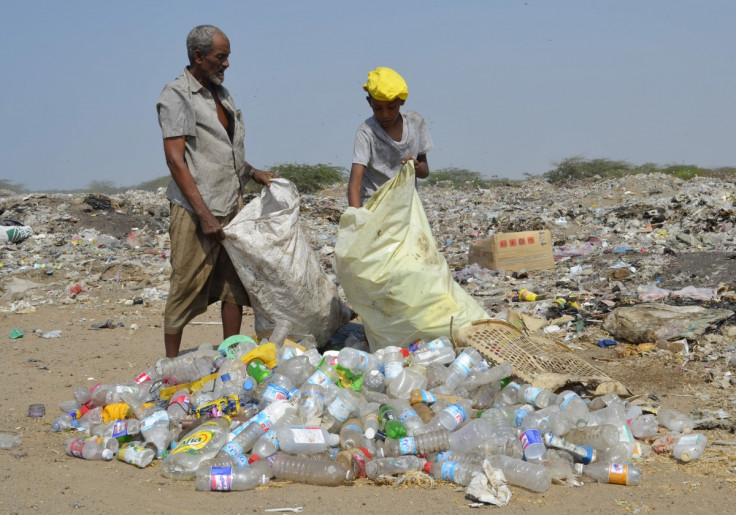Scientists pin hope on new species of plastic-munching bacteria to save planet

Scientists have pinned their hopes on a newly-discovered species of bacteria to rid the Earth of plastic pollution. Researchers in Japan have found plastic eating bacterium that munch on polyethylene terephthalate or PET – the synthetic material that is adversely affecting wildlife and human habitat.
Researchers have found that the bacterium is capable of breaking down the plastic into its chemical building blocks. According to the findings published in the academic journal Science, the species's – named Ideonella sakaiensis – digestive process remains slow, and their short-term implications are unknown as yet. But scientists are hopeful that the discovery would spin new ways to safely rid plastic waste.
Previously, different species of bacteria have been found to gobble up radioactive remains and even oil spills, but this plastic-consuming organism will be significant in the scientific fraternity as more than 300 million tonnes of plastic – used in package bottled drinks, cosmetics, and wrappers – is being churned out every year. What is more worrying is that only 10% of the generated PET is recycled, while the rest ends up mixing with nature and will remain there for decades.
Speaking about the new find, Shosuke Yoshida, one of the authors of the paper said: "We have shared the possibility of biological recycling of plastic. We want to develop this discovery into the application. This is the very first step."
The research team, over five years, sifted through 250 samples of polluted debris before finding the bacterium, which digests low-quality PETs in less than six weeks. Although several colonies of organism were found to be living on PET, only one of them managed to dine on the host. Certainly, further research is needed on the bug's capacity against growing piles of plastic waste, scientists admit.
"Until recently, no organisms were known to be able to decompose it," wrote professor Uwe Bornscheuer. The latest discovery is significant for the environment as a recent study by the World Economic Forum (WEF) has estimated there will be more plastic than fish by 2050, in terms of weight.
© Copyright IBTimes 2025. All rights reserved.






















